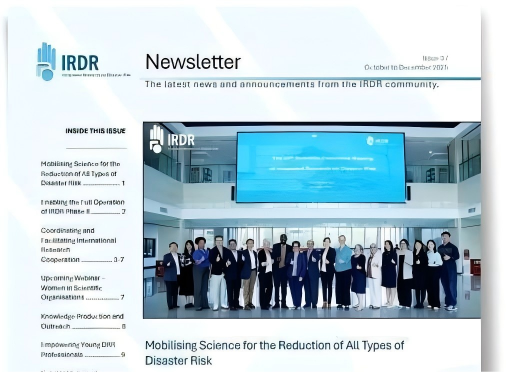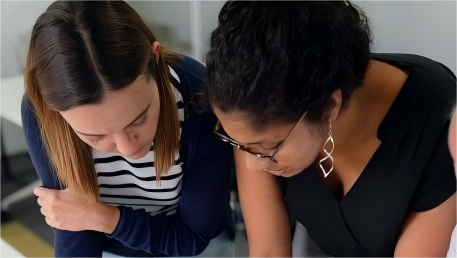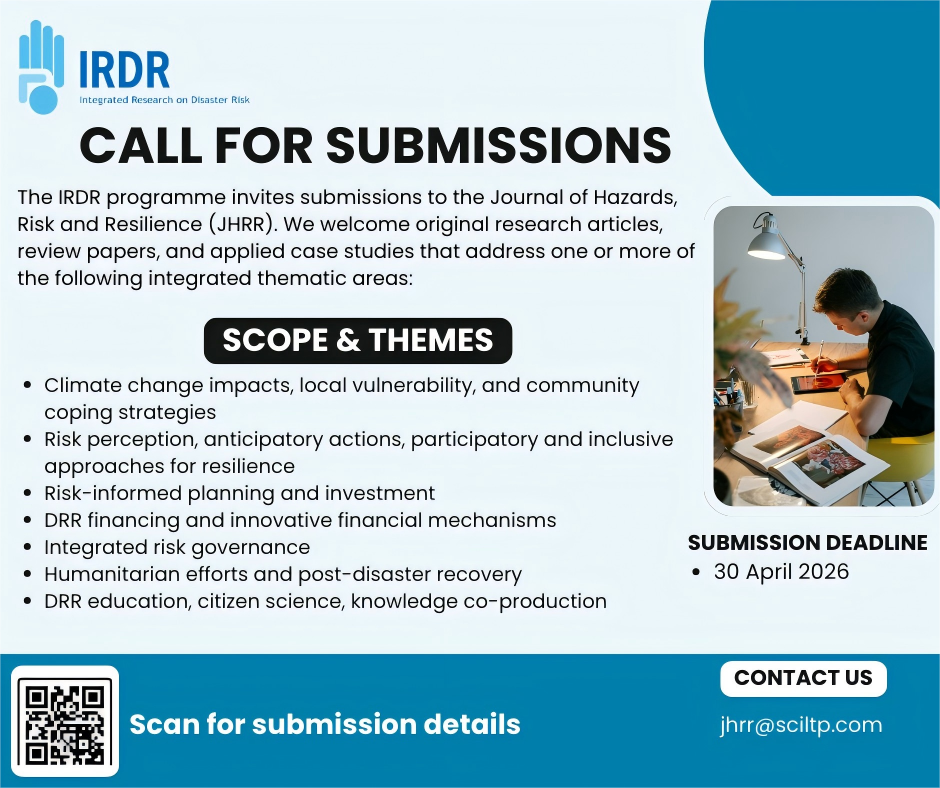On March 20th, the 2024 Youth Climate Action and Disaster Risk Reduction Hackathon, officially started with the open ceremony took place at Tsinghua University. The 2024 Hackthon is jointly organized by Horizon Global Youth Development Program, UNESCO Regional office for East Asia, Integrated Research on Disaster Risk (IRDR), Tsinghua University, Chinese National Committee for Man and Biosphere Programme of UNESCO (MAB) and International Centre on Space Technologies for Natural and Cultural Heritage under the auspices of UNESCO (HIST).
The event commenced with welcoming remarks from Ying Li, Deputy Secretary-General of the School of Social Sciences of Tsinghua University, followed by Ai Suguira, Science Officer from UNESCO, Qunli Han, Executive Director of IRDR and Bihong Fu, Deputy Director of HIST. They all underscored the significance of youth engagement in tackling climate change and disaster risk reduction (DRR).
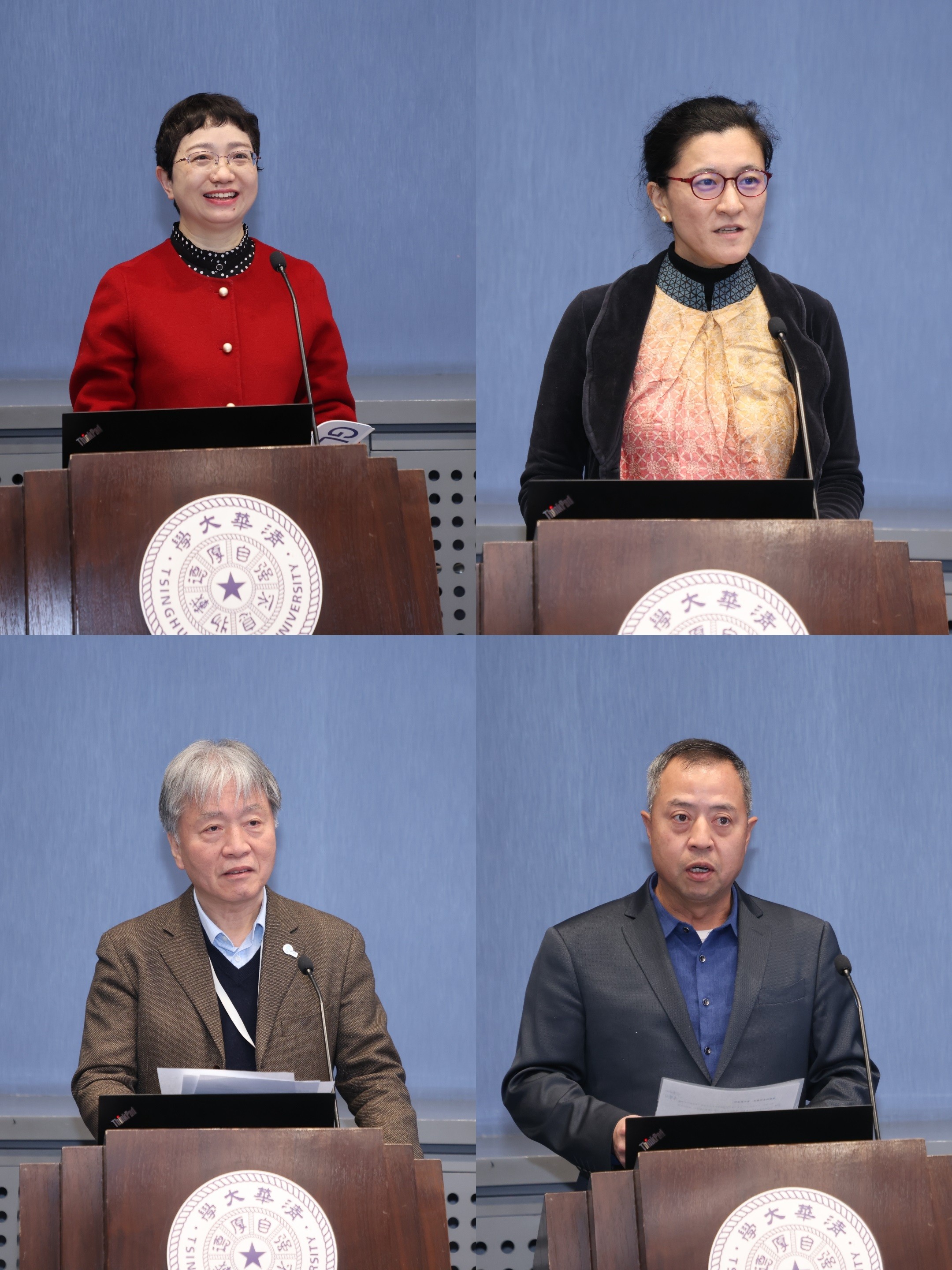
Guests Speakers: Ying Li, Ai Suguira, Qunli Han and Bihong Fu
The opening ceremony also included a retrospective of the 2023 Youth Climate Change and Disaster Risk Reduction Hackathon, showcasing winning projects from the previous year, and introduced the agenda of Hackathon for this year. A dialogue session “Youth Salon” was also organized to look into the ways forward in this direction.
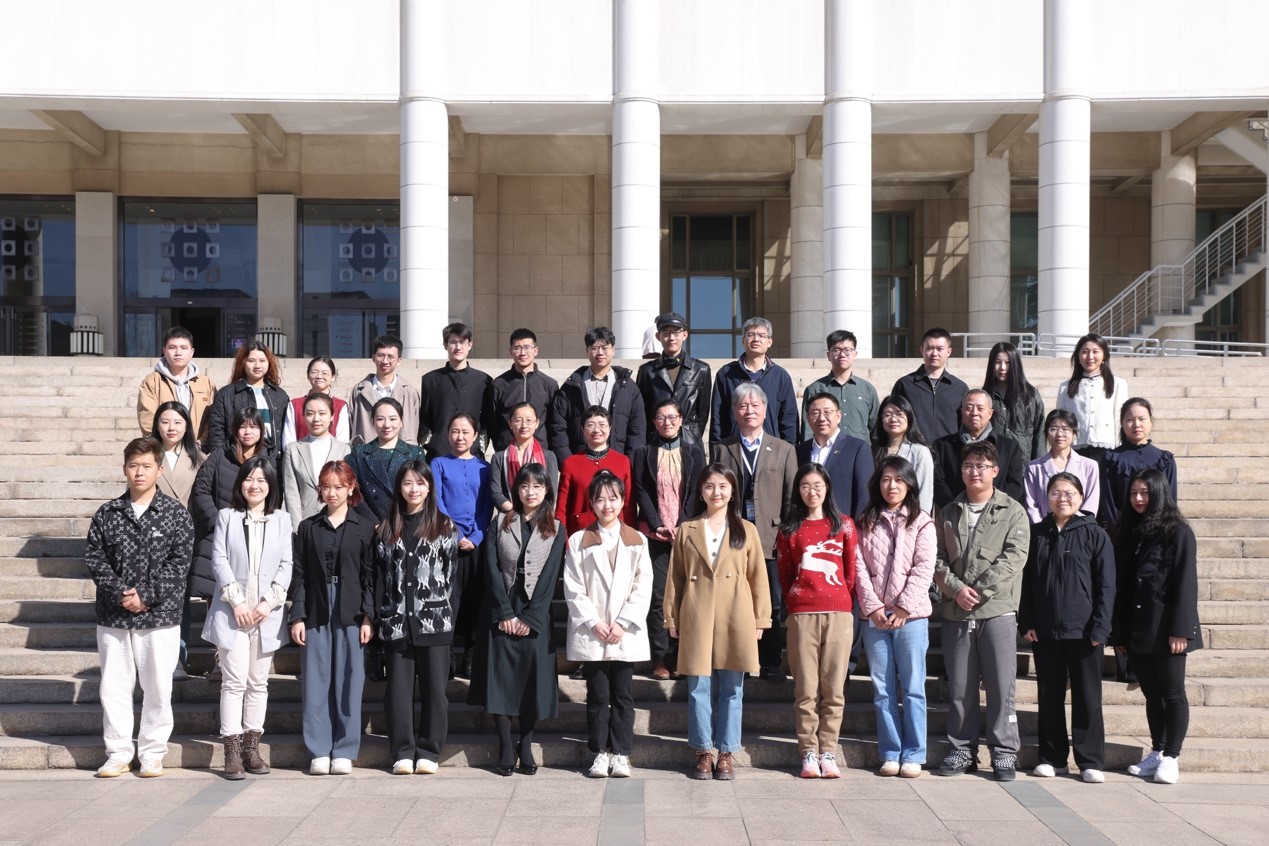
Group Photo of Participants
The Hackathon consists of a series of training courses and innovation competitions, aiming to engage youth and young professionals both domestically and internationally on pressing climate change issues and DRR and at networking for improving youth actions. Over last a few years, IRDR has been supporting this annual activity of Horizon Global Youth Development Programme in cooperation with its key partners.
Empowering youth and young professionals in DRR stays in the heart of IRDR mission. IRDR has been advancing its IRDR Young Scientists Programme and providing support to the establishment and development of other youth networks. IRDR is also fully committed to address challenges faced by young female researchers and practioners in DRR.
